Recommendation
More than 20% of the world’s population lives in China, which has only 9% of the world’s arable land and only 6% of its drinkable water. Africa has the world’s largest untapped expanses of land and water. China is economically active in Africa, and some onlookers think China plans to turn Africa into its national food source and condemn Africans to starvation. China expert Deborah Brautigam travelled to Africa and China to research the China-Africa agricultural nexus. She presents her comprehensive, contrarian findings along with 28 pages of detailed source notes, and what she says may surprise you. While always politically neutral, getAbstract recommends her conclusions to global food, agricultural, trade and economic-development experts, as well as to scholars studying Africa and China and to those curious about the economics of globalization.
Summary
About the Author
Professor Deborah Brautigam is director of the International Development Program at the Johns Hopkins University’s School of Advanced International Studies in Washington, DC.










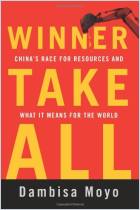
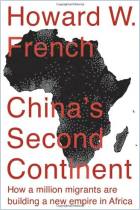
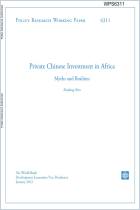
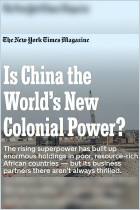
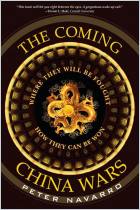
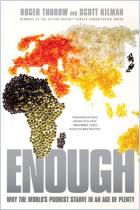

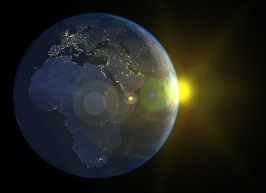


Comment on this summary or 开始讨论